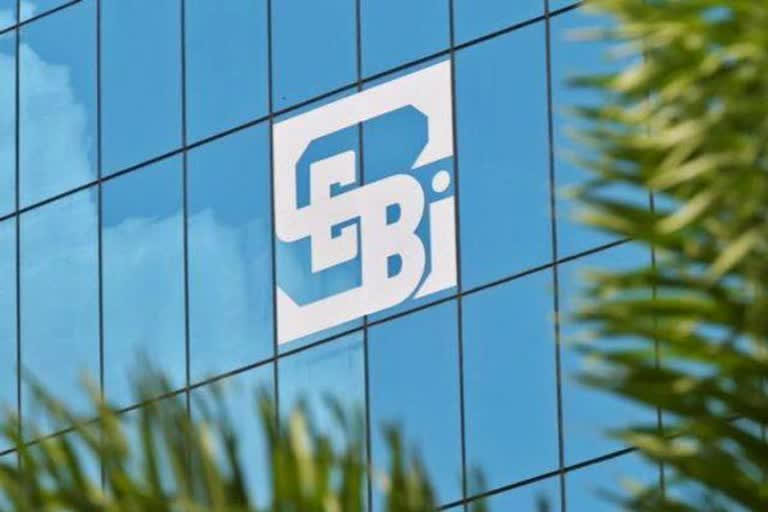New Delhi: Capital market regulator Sebi has formed a group of experts to examine the feasibility of introducing Special Purpose Acquisition Companies (SPACs) like structures in India, sources said on Thursday.
The group, formed under Sebi's Primary Market Advisory Committee (PMAC), has been asked to submit its report at the earliest, the sources added.
"Sebi wants to explore the potential of SPACs while at the same time building adequate checks and balances in regulatory framework to take care of the associated risks," said a source privy to the development.
SPACs are formed to raise capital in an initial public offering (IPO) with the purpose of using the proceeds to identify and merge with a target company.
SPACs are usually formed by private equity funds or financial institutions, with expertise in a particular industry or business sector, with investment for initial working capital and issue related expenses. Such companies have recently become popular in the US.
There has been increasing demand that SPACs should be allowed in India as well.
According to market experts, while SPACs have several advantages, they also raise various regulatory concerns.
For public shareholders, SPACs give the advantage of investing along with the sponsors in the SPAC like private equity type transactions.
The advantage for the sponsor is that it allows rapid deployment of capital to take advantage of opportunities. It also helps the target company acquired by the SPAC going public during periods of market instability or volatility in traditional IPO markets.
